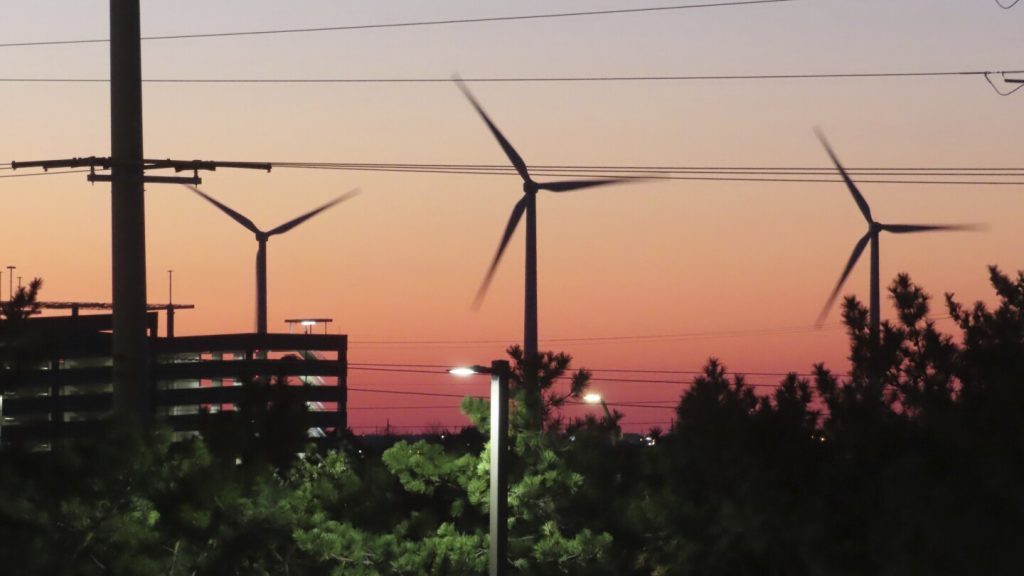New Jersey is moving forward with its commitment to clean energy by seeking proposals for new offshore wind farms along its coastline. The state Board of Public Utilities has opened a fourth round of solicitations for interested companies to submit their proposals by July 10. This decision highlights the state’s dedication to economic development and clean energy, as well as its goal of getting 100% of its energy from clean sources by 2035. There are currently three preliminarily approved offshore wind projects in New Jersey, including Leading Light Wind, Attentive Energy Two, and Atlantic Shores.
Leading Light Wind, a project by Invenergy and energyRE, would be located 40 miles off Long Beach Island and consist of up to 100 turbines, providing enough energy to power 1 million homes. Attentive Energy Two, a joint venture between TotalEnergies and Corio Generation, would be built 42 miles off Seaside Heights and not visible from the shoreline, powering over 650,000 homes. The third project, Atlantic Shores, a partnership between Shell New Energies US LLC and EDF-RE Offshore Development LLC, would generate enough energy to power 700,000 homes and be located 8.4 miles off the coast of Long Beach Island.
New Jersey has identified its strong offshore wind resources as an opportunity to become a leader in offshore wind development on the East Coast. The state remains committed to protecting natural resources such as fish, marine mammals, birds, and other wildlife throughout the development, construction, operation, and decommissioning of offshore wind projects. Most environmental groups in the state support offshore wind as a way to reduce carbon emissions and transition away from fossil fuels to combat climate change and extreme weather events.
While many support offshore wind as a clean energy solution, there are opponents who believe the projects are economically unsound and pose environmental risks. Groups like Defend Brigantine Beach and Downbeach have raised concerns about the potential negative impacts on fishing, tourism, and real estate values. Some opponents blame site-preparation work for whale deaths along the U.S. East Coast, but federal and state agencies have found no evidence linking offshore wind projects to these deaths. Last October, Orsted, a Danish wind giant, canceled plans for two wind farms off New Jersey due to economic feasibility issues.
Despite opposition and challenges, New Jersey is pushing forward with its offshore wind development plans to achieve its clean energy goals. The state recognizes the importance of offshore wind as a sustainable energy source and a critical step in combating climate change. With the solicitation for new proposals, New Jersey is striving to continue the economic development and clean energy benefits that offshore wind projects can bring to the state.


